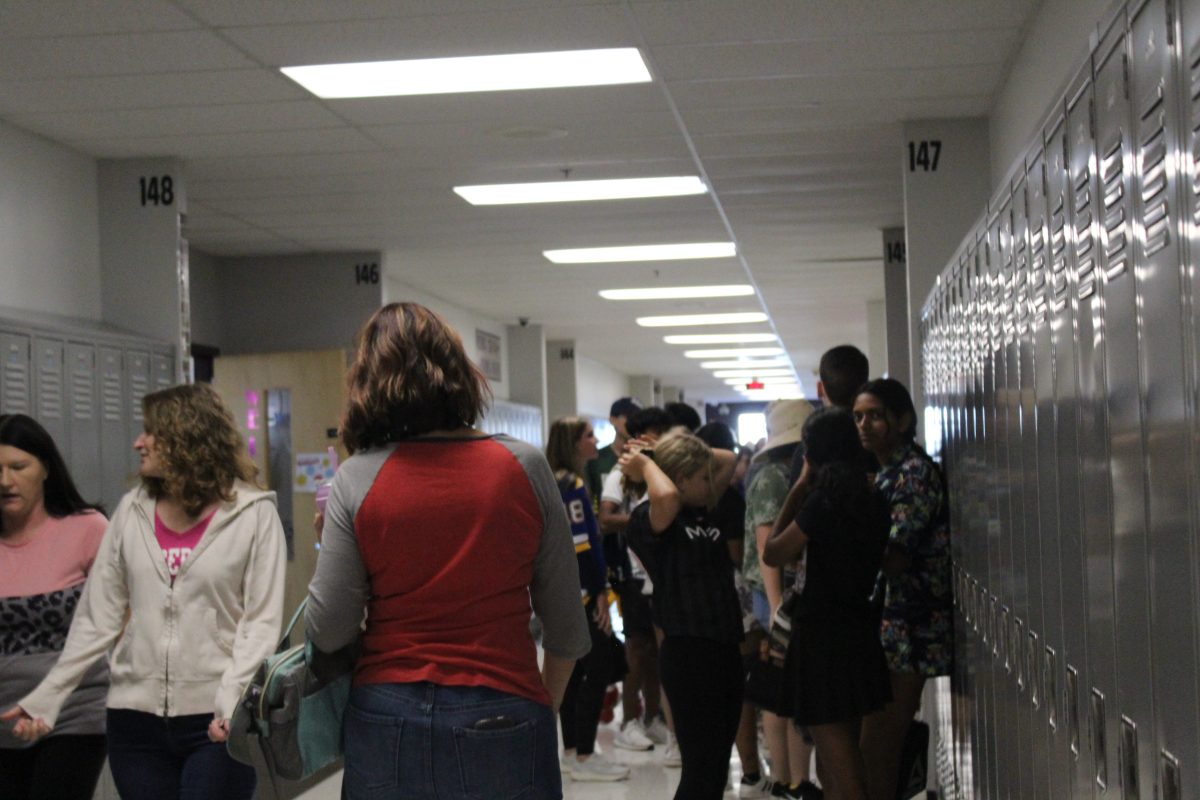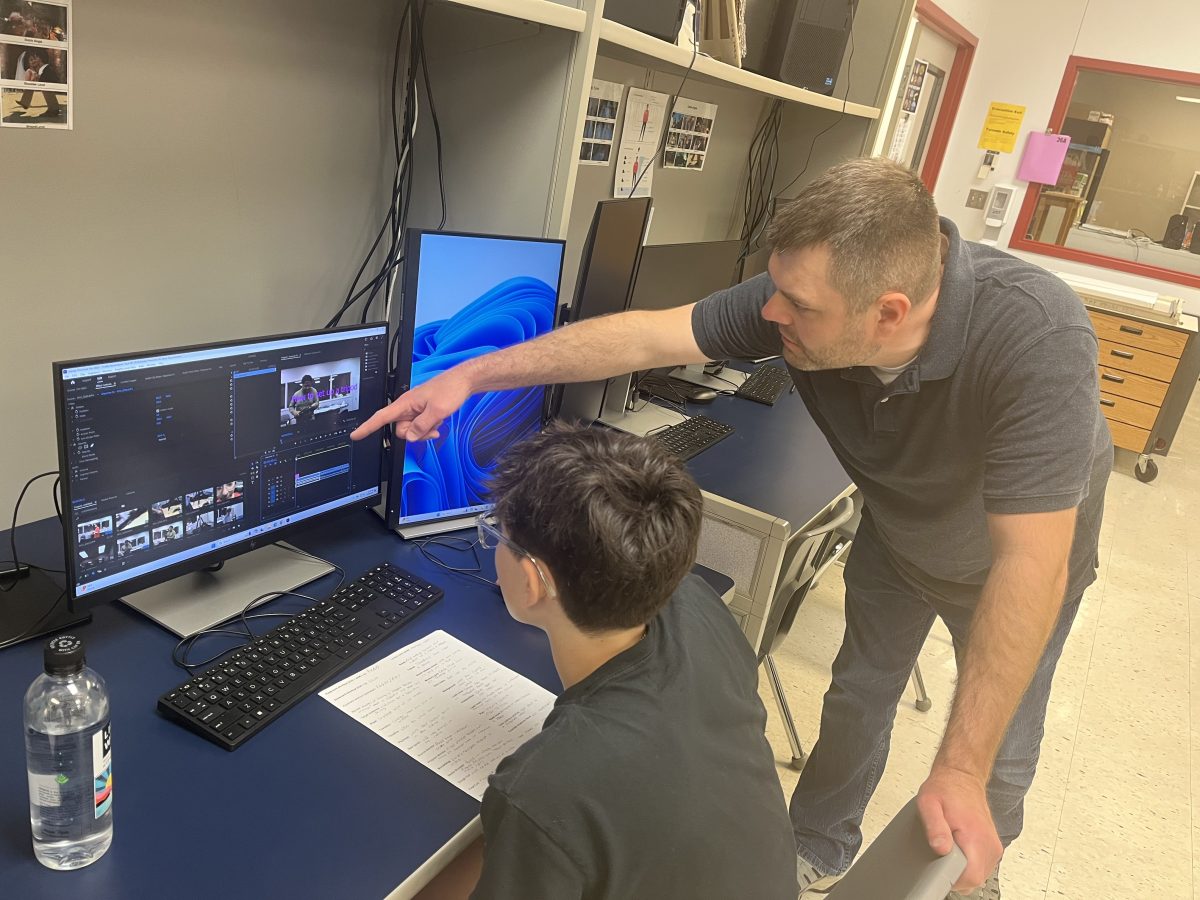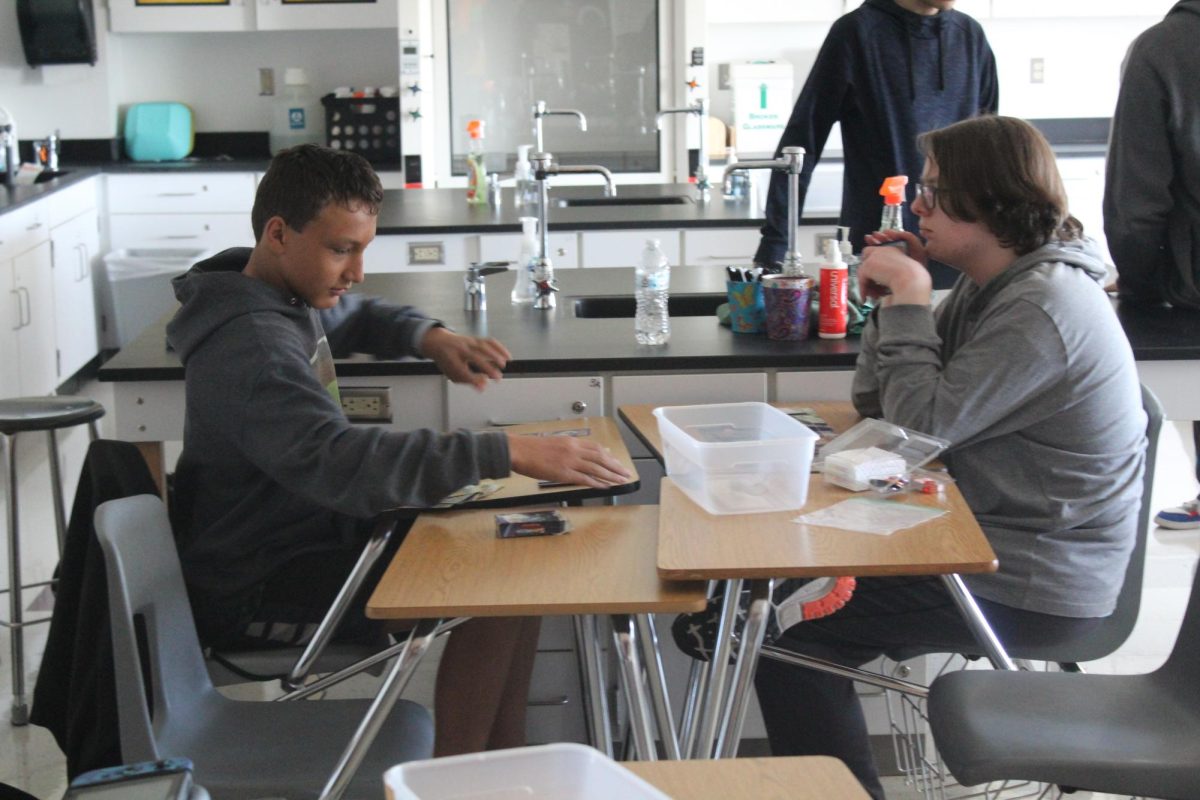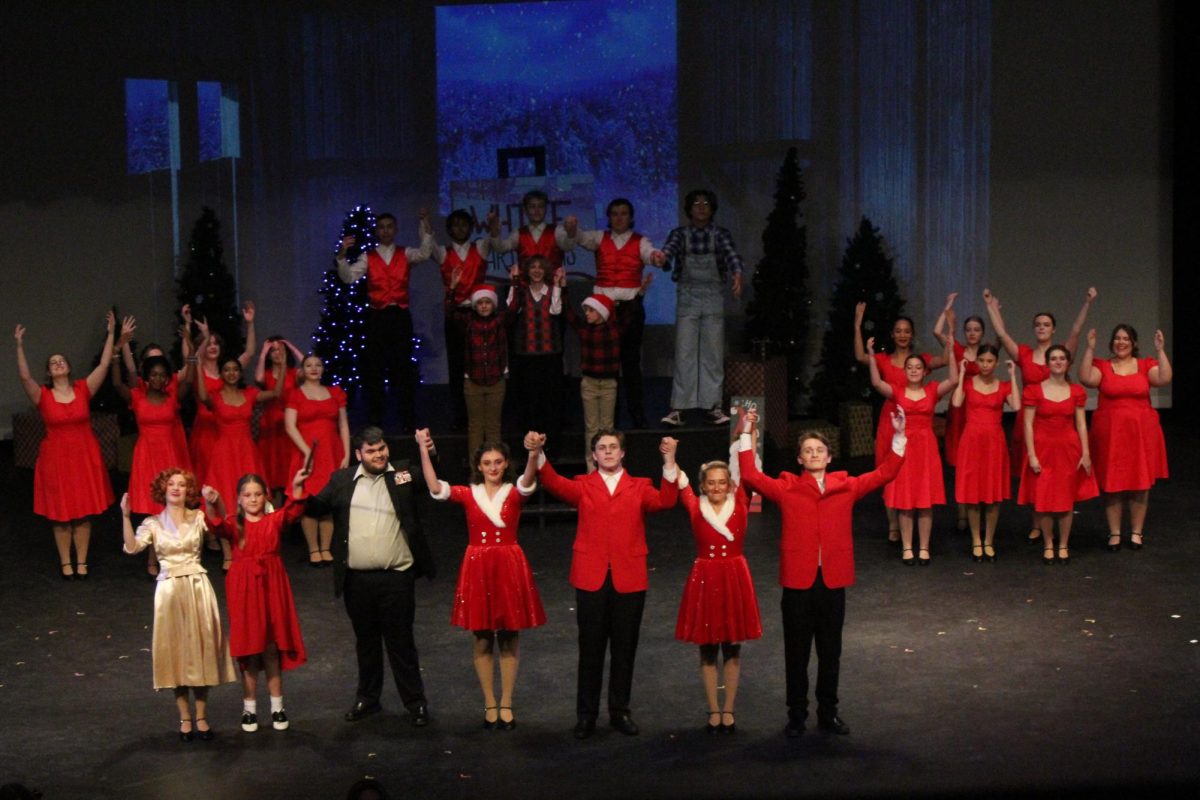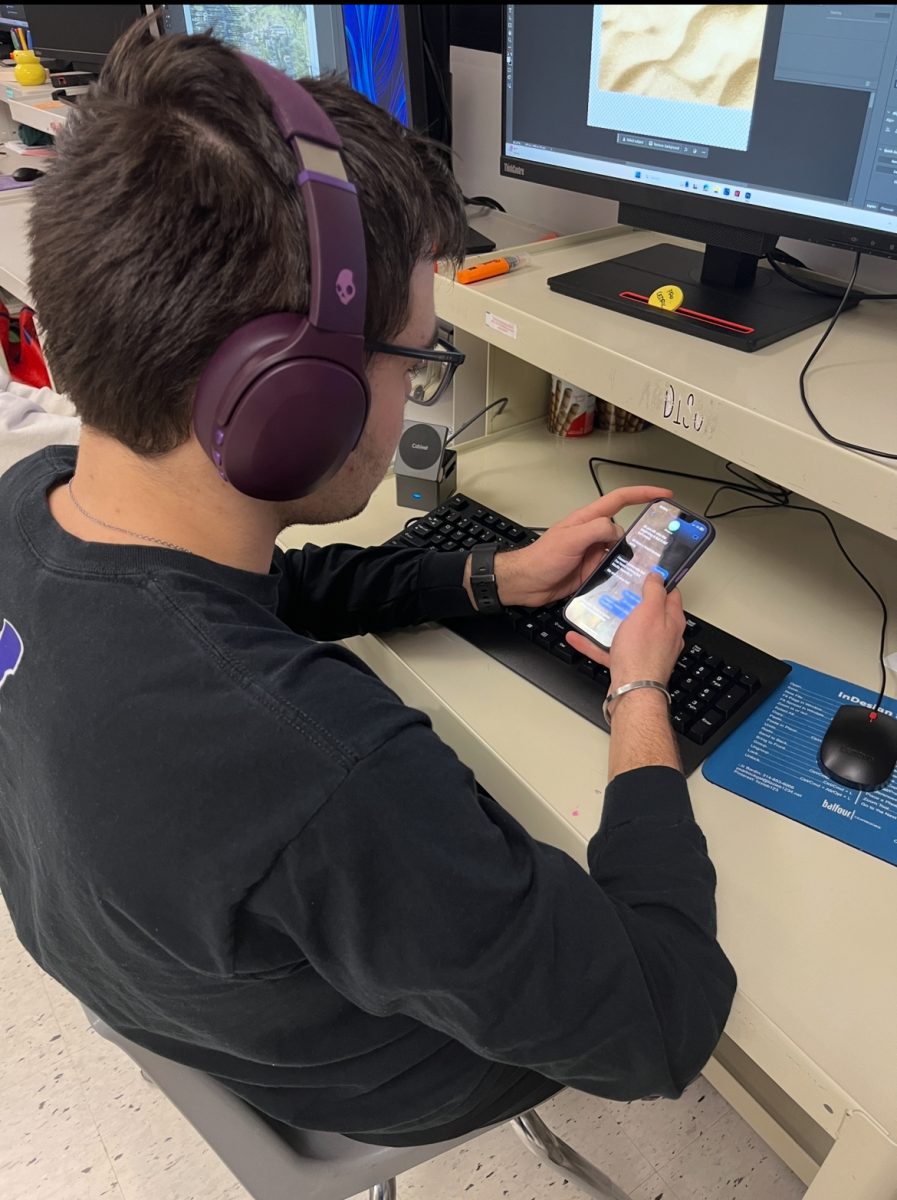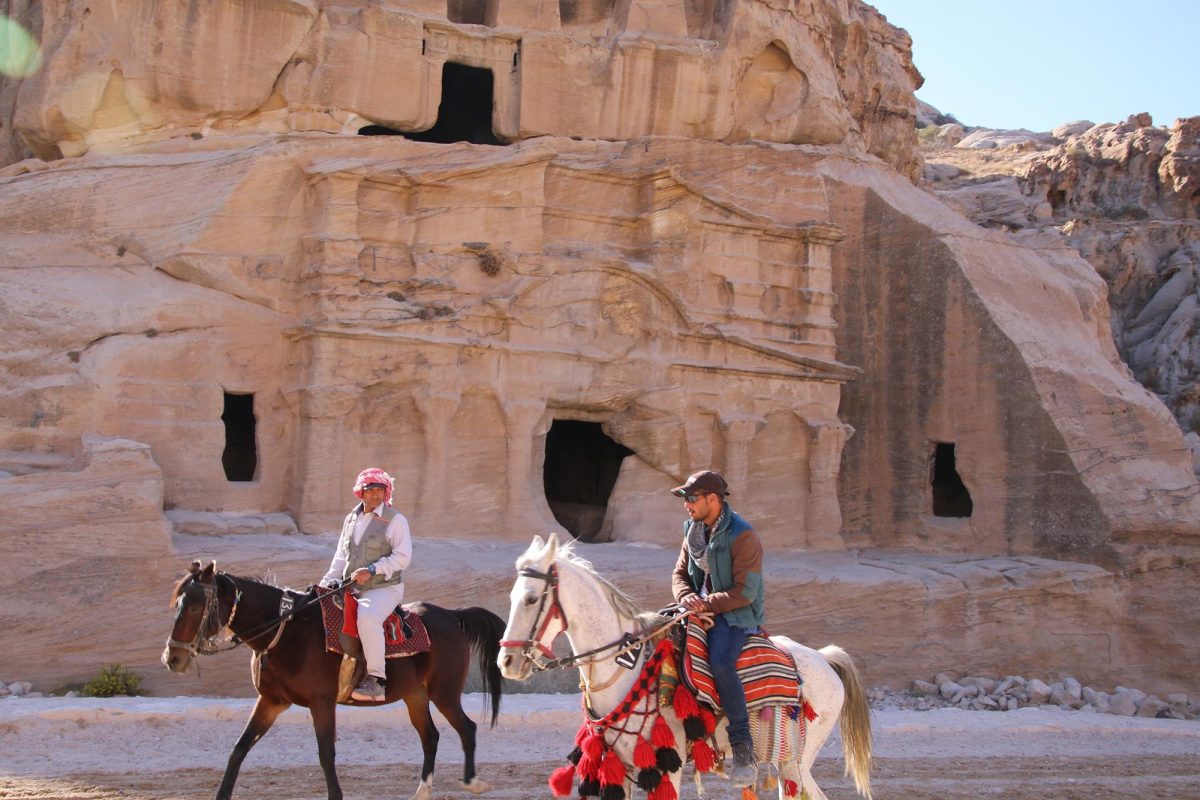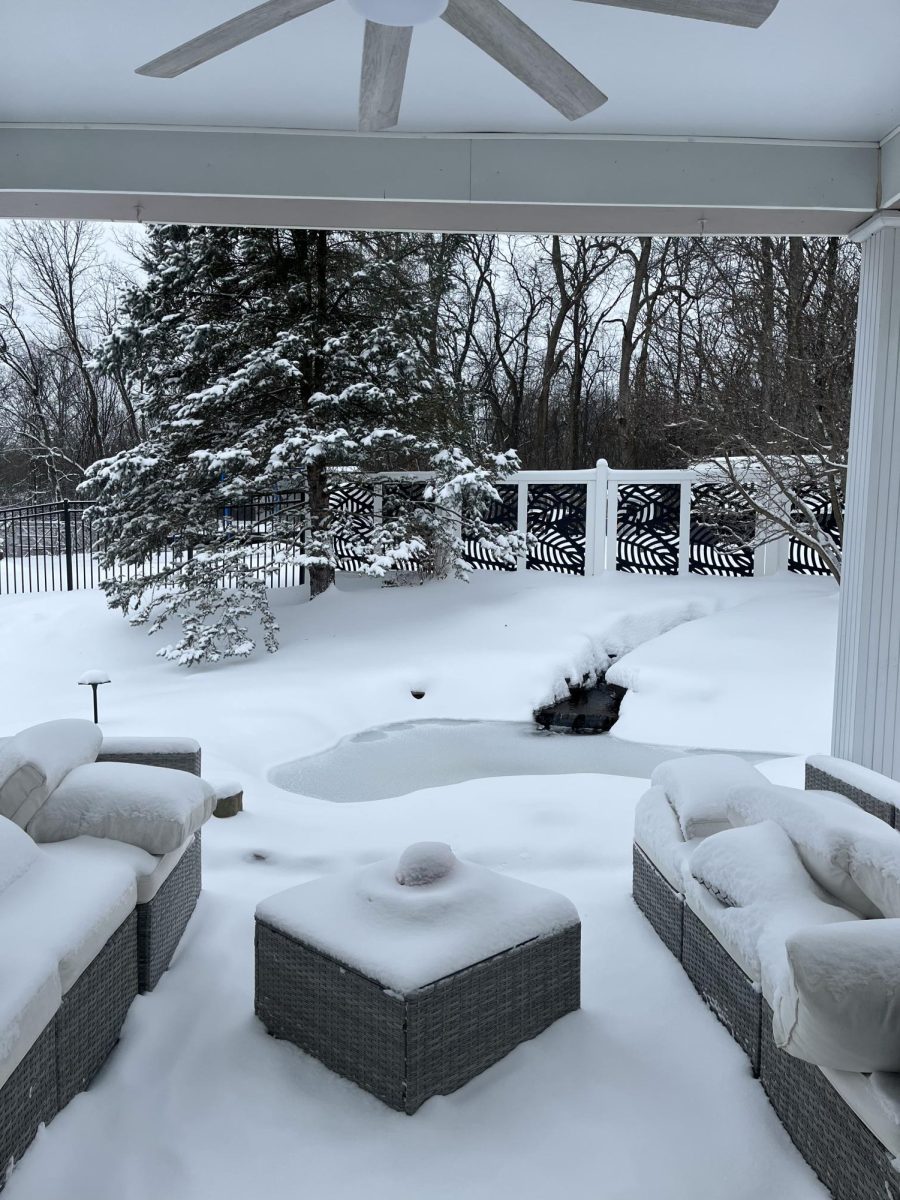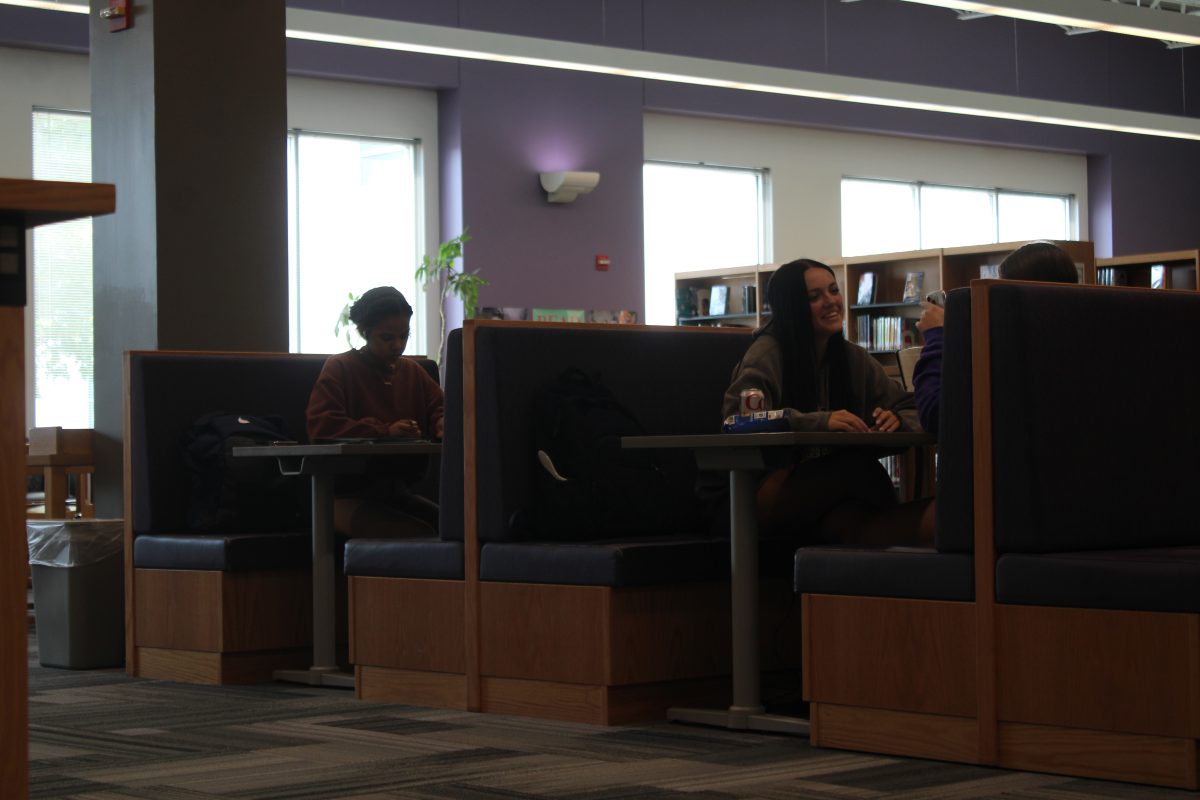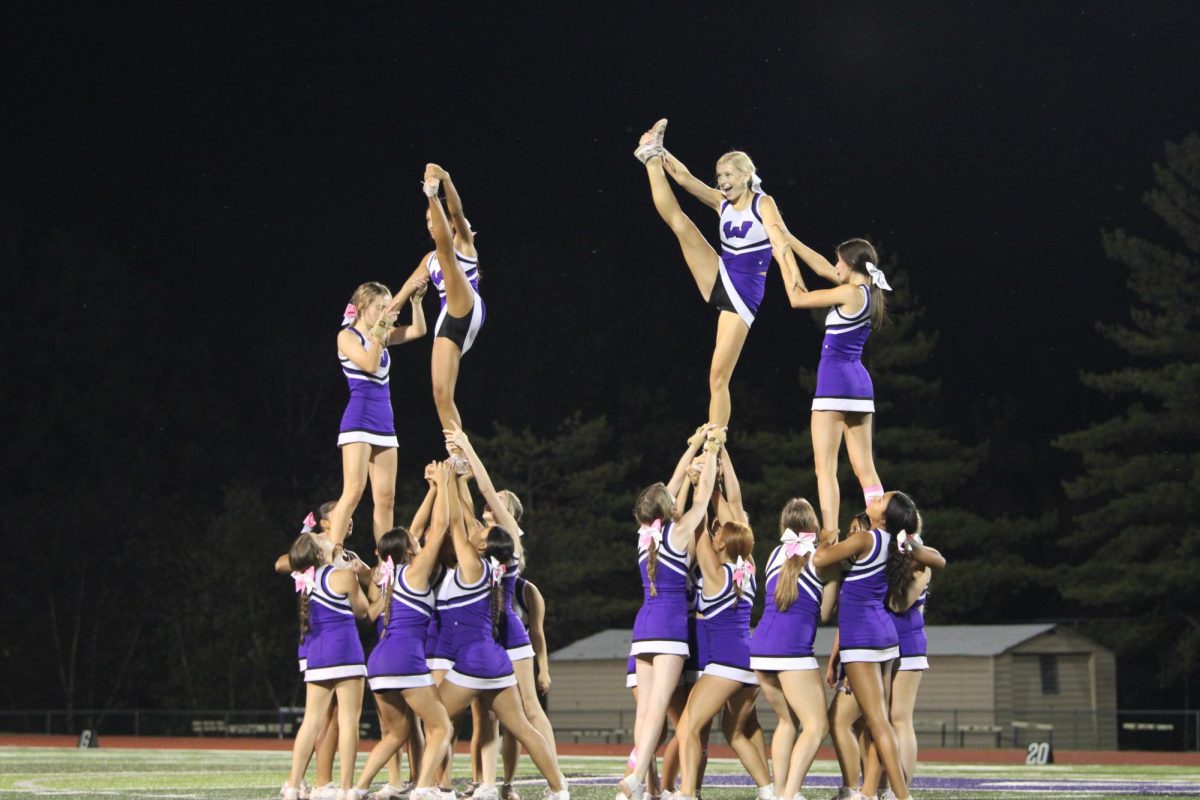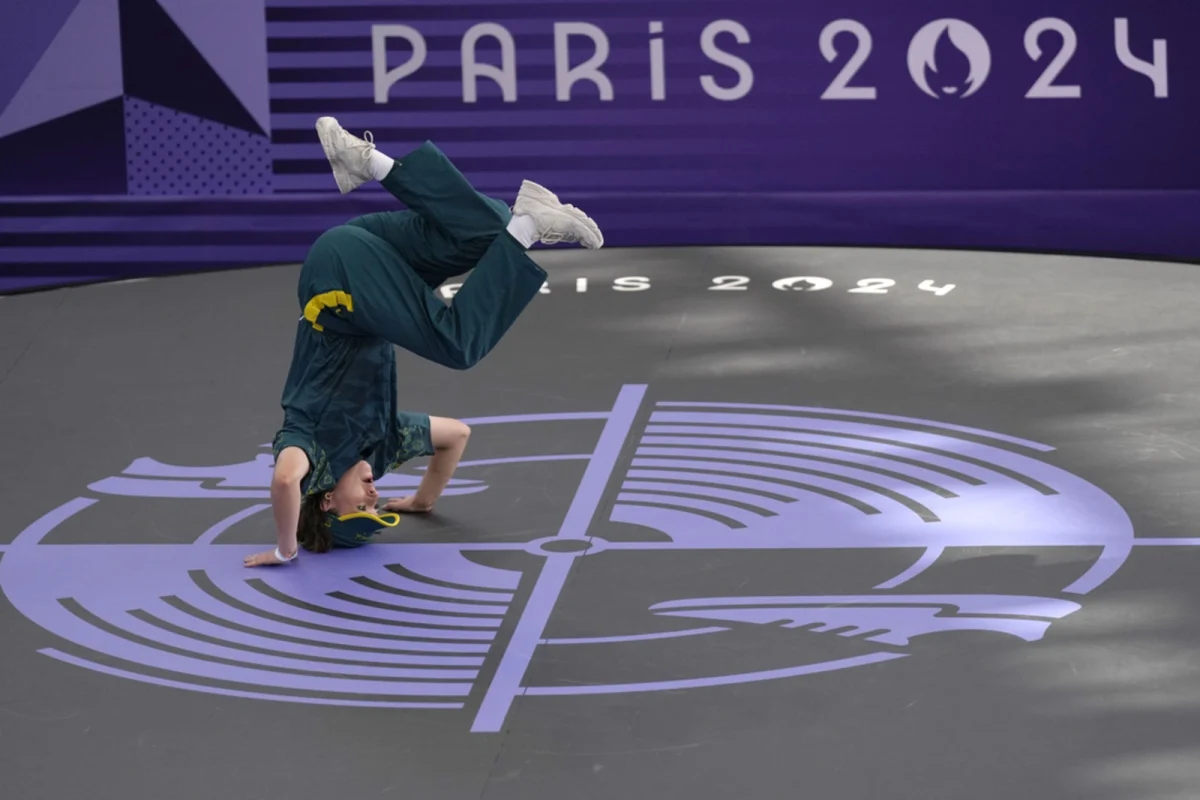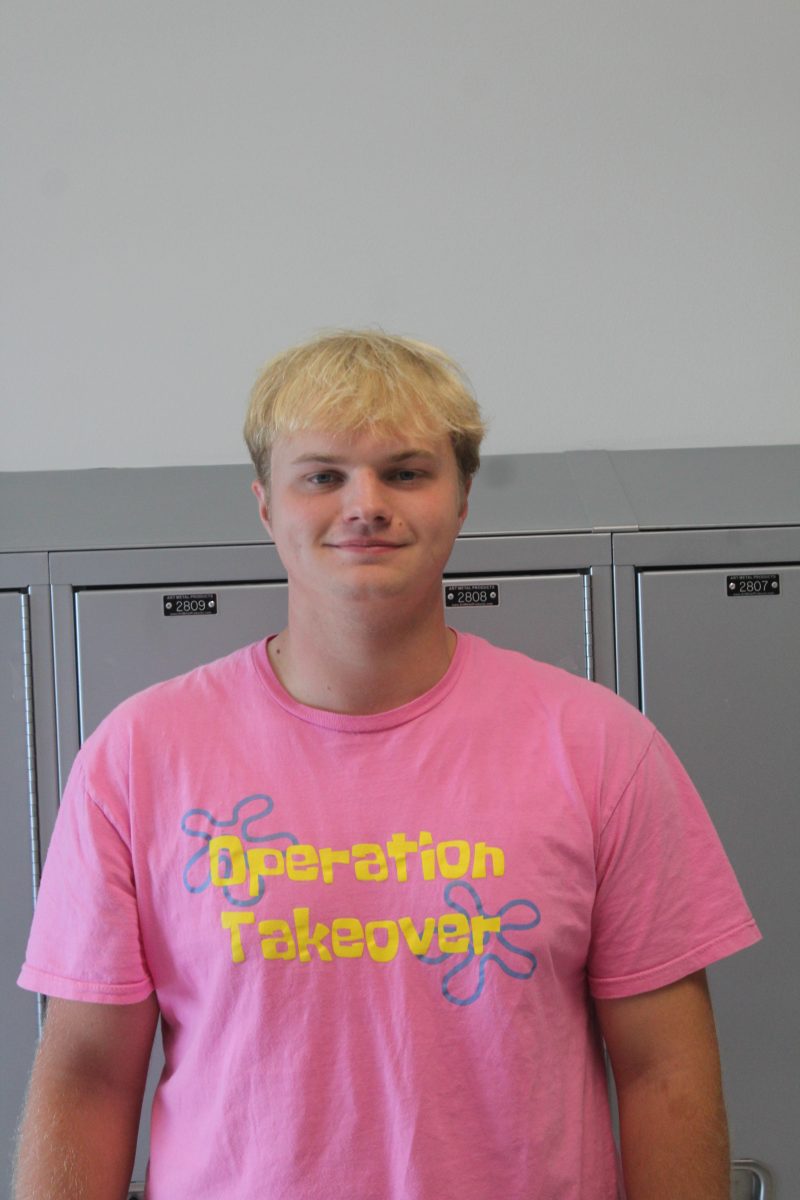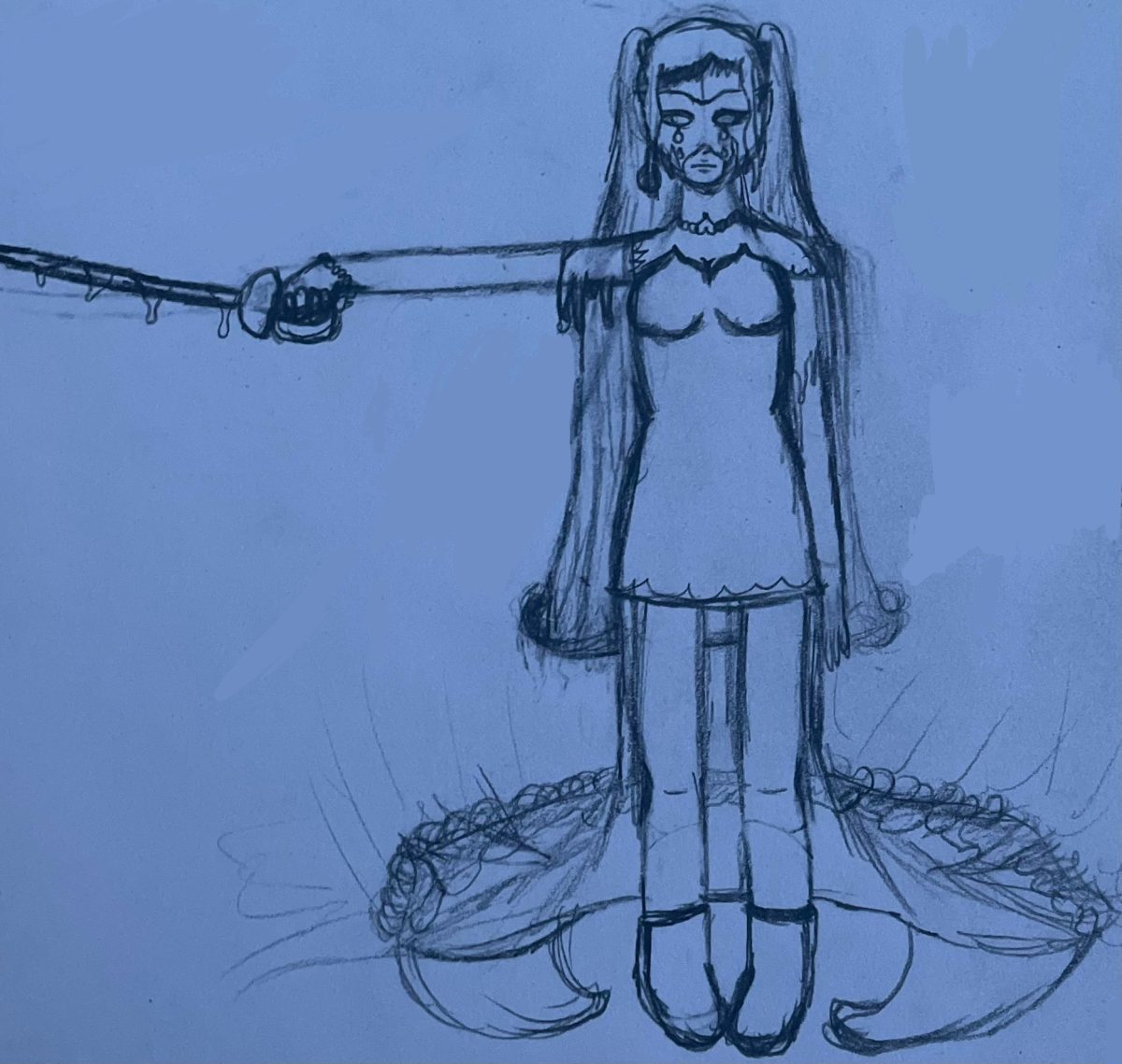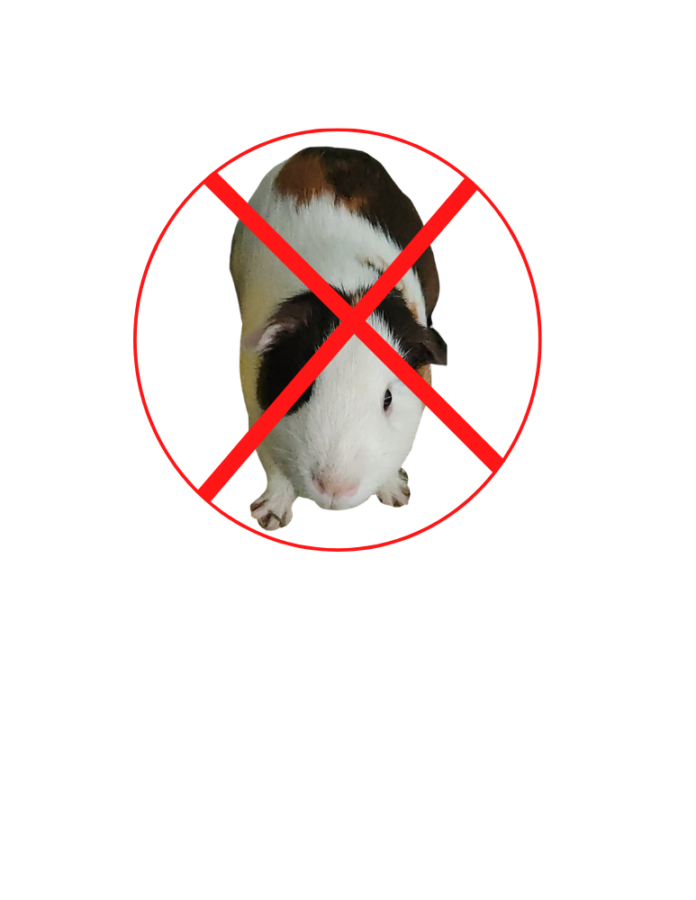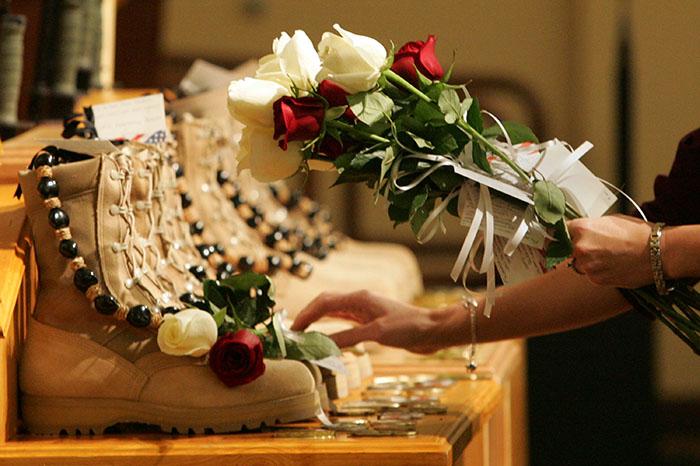In the Boots of a Navy Airman
Seven pairs of boots are memorialized at Fort Lewis, Washington, Tuesday, November 10, 2009, with flowers, beads and coins following a memorial service for seven U.S. Army soldiers who were killed by an IED in Afghanistan. (Janet Jensen/Tacoma News Tribune)
October 7, 2016
The sounds of airplanes roar in the distance. Boots echo in the halls as soldiers march to their assignments. Perspiration beads on the foreheads of military personnel as they hustle around in their hot and bulky uniforms. No longer is the world of high school, friends and drama. For alumni and Navy Airman Richard Cook, it is all about his new life in the military.
Q: Once you graduated high school, you enlisted into the Navy. Why did you decide to join?
Airman Cook: My dad was part of the Navy and I always looked up to him. He was a very good role model. Also, I never really saw myself going to college.
Q: How has your decision to enter the military changed you?
AC: It’s changed me in a lot of ways. It’s really opened my eyes to how the real world is. It makes you realize how to grow up on your own, how to not be so dependent on others and it makes you more mature.
Q: Your brother and your father are or once were in the Navy as well. How do you feel about being a part of a family legacy?
AC: It’s nice, because everyone’s proud of you for the decision you made. They understand the commitment you made.
Q: What did/do each of you do as your job?
AC: I am an airframer. I physically do maintenance on the jet. I fix them when there’s a problem. My brother, Christian, is an AZ. He does all the paperwork for the jets. My dad had multiple jobs. He was a hot caseman, which was, whenever they would fire the cannon, he would catch the shell that would come out. He was also a quartermaster, so he steered the ship.
Q: What is an average work day for you?
AC: As an airframer it depends on what shift you have. I am on the weekend shift so on Fridays and Mondays I would get up around 11, because I would go to work around 14:30 (2:30 p.m.) and I wouldn’t get off until 22:23 (10:23 p.m.) Saturdays and Sundays vary. Those are around fourteen hour shifts.
Q: Is the work you do dangerous and have you ever been injured on the job?
AC: Yes, many times. I’ve fallen off of a jet. Airframer is a very dangerous job. You deal with hazardous chemicals everyday. If you breathe in too much of it or get too much on you, you could probably die at an earlier age. You deal with dangerous equipment. If you don’t pay attention you can easily die.
Q: What is one of the hardest challenge you’ve had to persevere through while in the Navy?
AC: Boot camp, all of boot camp.
Q: What was the hardest part about boot camp?
AC: Having to grow up and mature that fast, because you have these grown ups just yelling in your face and a lot of people, like myself, went straight from high school, never having a job, to this [boot camp]. It’s a little scary at first, because you don’t know what to do. You’ve never been on your own before. Also, being away from home, but you deal with that every day.
Q: What do you want to say to high school students thinking about going into the military or the Navy?
AC: If you’re in between military and college, go military, because the military will pay for your college, or go in the ROTC [Reserve Officer Training Corps] program. The military offers you a lot of options. I think it’s a good choice, physically and mentally. It’s going to be hard to adjust at first, but looking back you’ll think it was the easiest thing in the world. It’s all mental. All they do is play mental games with you. If you’re going to let them get into your head, they’re going to break you. They are trying to make you mentally tough, so that you can stand on your own. They’re also trying to make you realize that you are a grown person and can make your own decisions.

